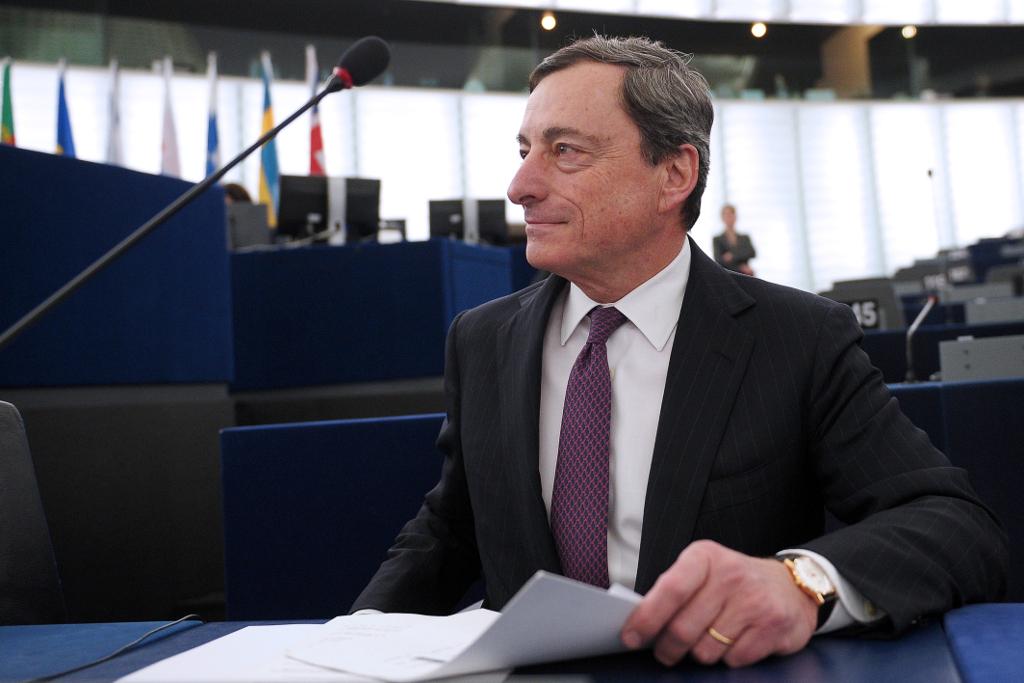Mario Draghi calls for continued austerity, lower taxes
European Central Bank President Mario Draghi arrives on April 16, 2013 to take part in a debate on the Parliament’s annual report on the ECB at the European Parliament in Strasbourg, northeastern France.
European stock markets have rallied in the last few months as it has become clear that bureaucrats in Brussels will be more lenient on countries, giving them more time to reduce their deficits and debt levels.
It has led many market participants to herald "the end of austerity" in Europe, thrilling holders of equities.
But during a news conference Thursday, European Central Bank President Mario Draghi made clear more than once that "governments should not unravel efforts" to contain spending. So is Draghi still pro-austerity? When a reporter asked Draghi if he is "the last man standing" when it comes to a commitment to austerity, he responded: "Fiscal consolidation is, and I've said this since the very beginning of my tenure, is contractionary in the short term and in the medium term as well. So you want to mitigate this. You want to take action to mitigate the contractionary effects.
"How do you do that?" he continued. "Well, we gave three indications. First of all, do fiscal consolidation based on reductions of current expenditures, rather than tax increases. Unfortunately, many of the fiscal consolidations took place under [an] emergency. And under an emergency situation, most governments really chose the simplest route, which is the one of raising taxes. Here we are talking about raising taxes in an area of the world where taxes are already very high, so no wonder this had a contractionary effect."
"Now that there is more time," he said. "This could be rebalanced into having lower current government expenditure and lower taxes."
In other words, Draghi is calling for lower taxes. But also lower spending. Is that pro-austerity? Anti-austerity? Neither, or both? His response highlights how cloudy and imprecise the austerity discussion is, and has always been.
His other two points: governments should have credible budget plans for the medium term and they should continue with reforms that will make their economies more competitive.
More from our partner, CNBC:
CNBC: North America sales fuel General Motors beat
CNBC: Possible US budget fix: Sell our strategic oil
CNBC: Should investors fear the fearless market?
Every day, reporters and producers at The World are hard at work bringing you human-centered news from across the globe. But we can’t do it without you. We need your support to ensure we can continue this work for another year.
Make a gift today, and you’ll help us unlock a matching gift of $67,000!
